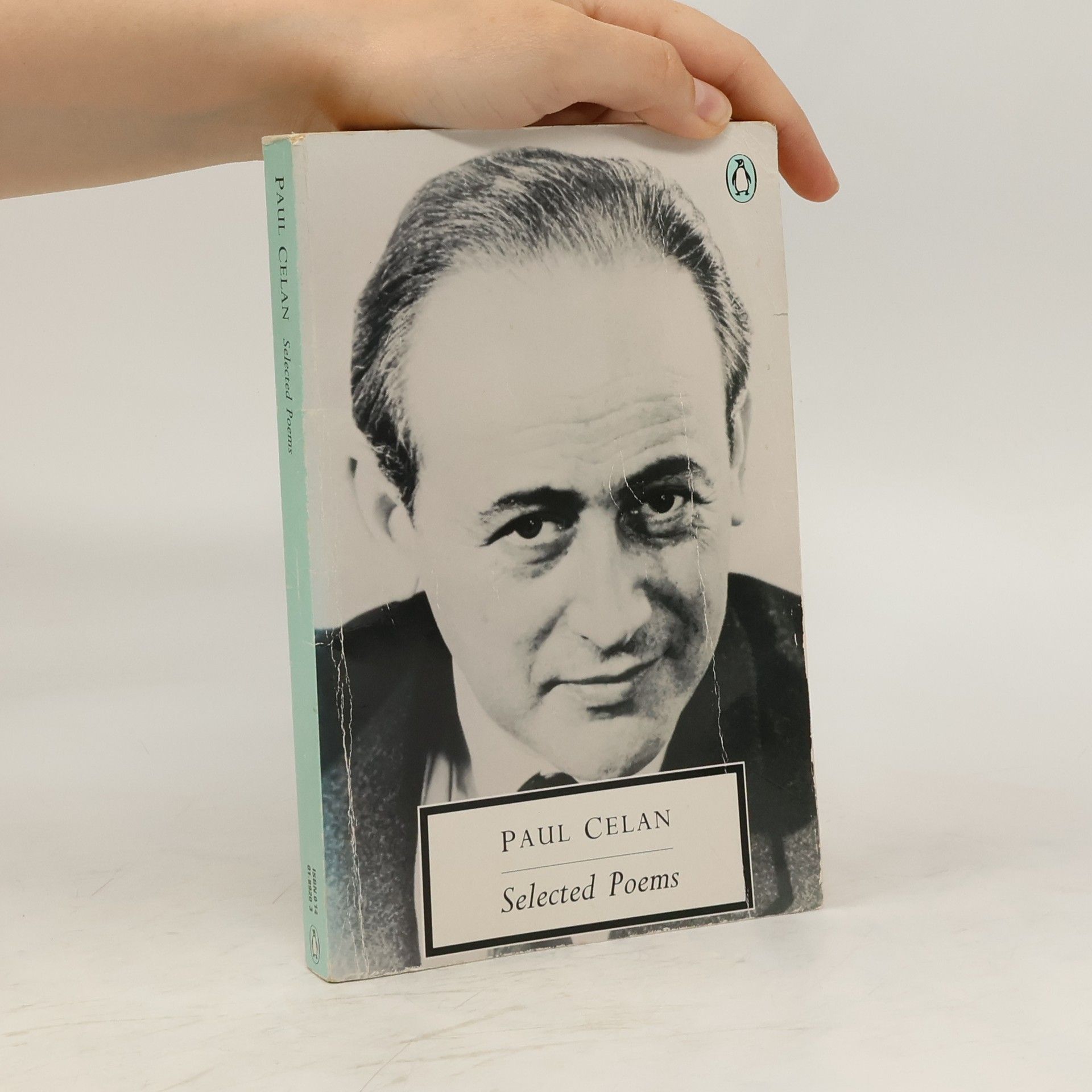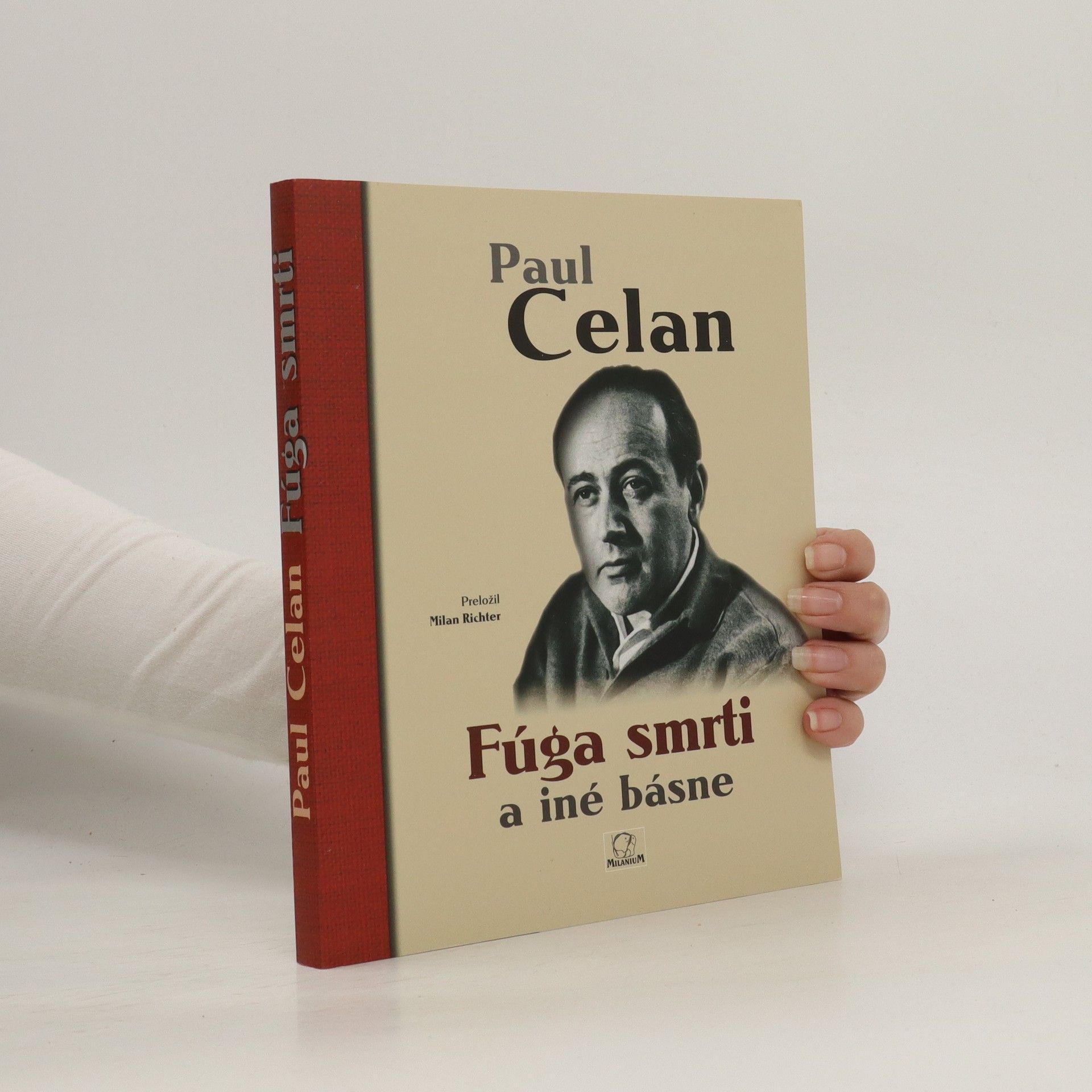Letters to Gisèle
- 544 pages
- 20 hours of reading
The collection features letters from Paul Celan, a renowned twentieth-century poet, to his artist wife, Gisáele Lestrange, offering a profound glimpse into his creative process and personal struggles during the early 1950s. These intimate correspondences reveal Celan's complex personality, his battles with mental health, and the dynamics of his marriage. Alongside translations of his poems, the letters illuminate his literary career and familial relationships. The volume is enriched with photographs and a chronology, providing context to Celan's influential life and work.




